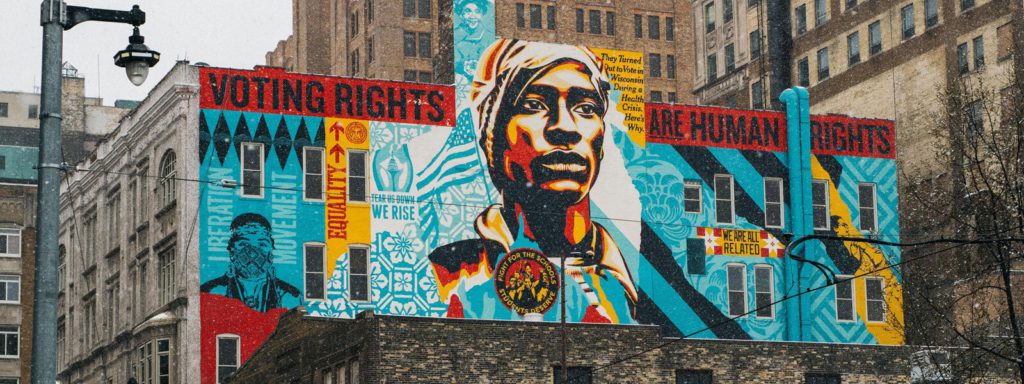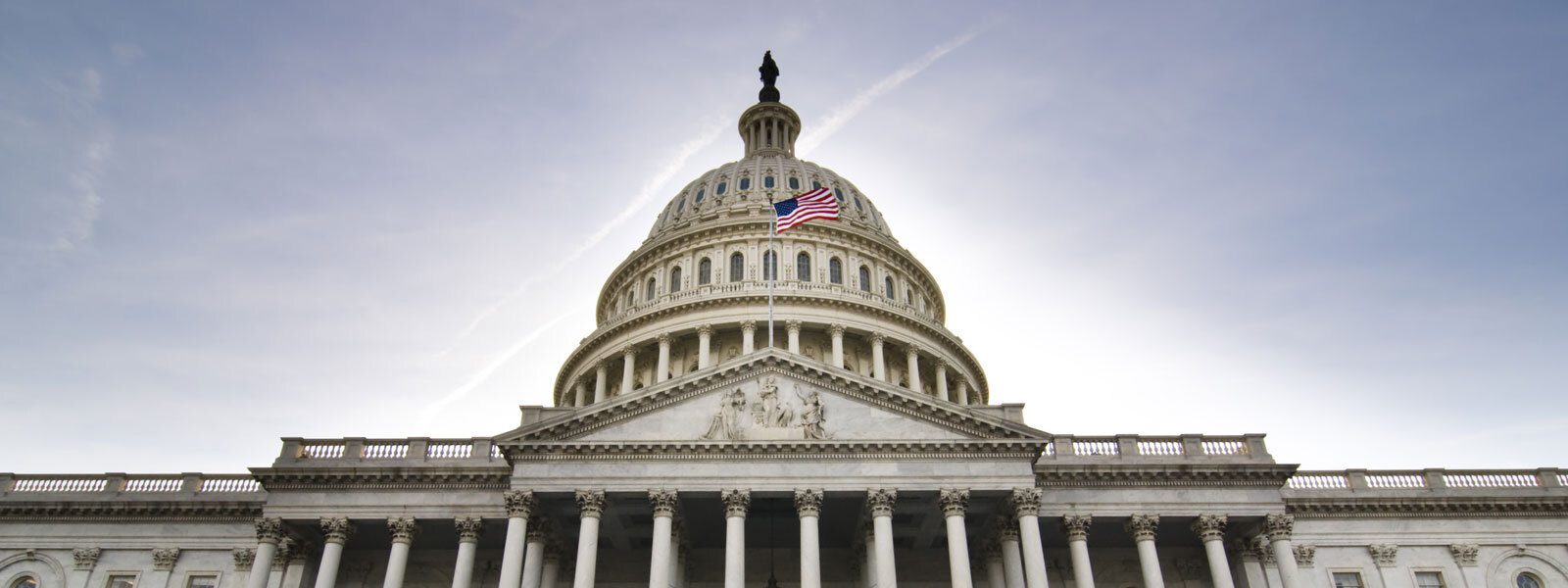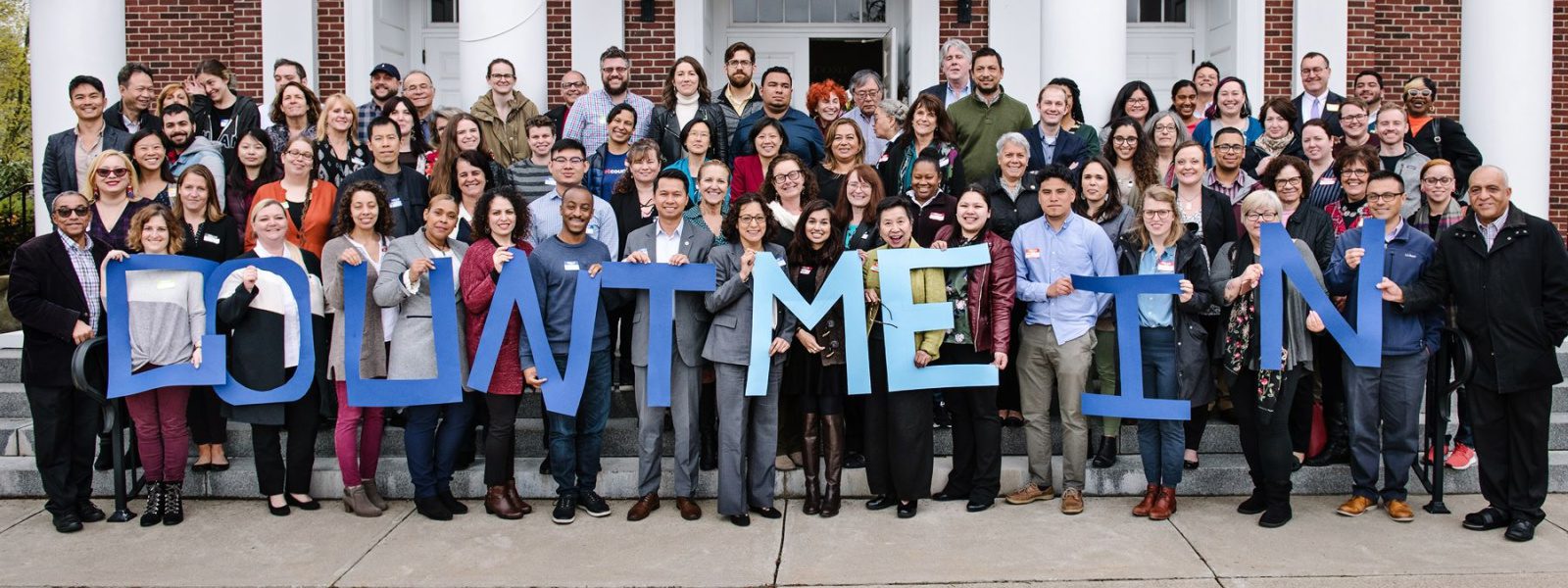“I certainly don’t know, at this moment, which way the country might flip. It can lurch backward as quickly as it can lurch forward.”— Bob Moses
Independent Sector and our members have worked for years on integrating nonpartisan civic engagement, including voter engagement, into the everyday work of nonprofits. We know that elected officials are significantly more likely to prioritize nonprofit missions and the needs of the communities we serve when our stakeholders hold them accountable through voting.
However, a few years ago, during a meeting of the IS Public Policy Committee, the committee debated whether IS should take a more proactive policy posture advocating on voting policy that impacts nonprofit civic engagement. The guidance we received was that policy positions on voting and elections were not really in the “wheelhouse” for IS and perhaps best left to others.
It was the right advice at the time, I think, and the aim of this blog is not to look back. It is also still true that the IS mission is not centered on voting and elections policy. We look to outside experts, like Nonprofit VOTE, to inform our thinking and, often, to guide our actions. But we now believe, as civil rights leader, Bob Moses, who passed just this week, suggested to The New York Times last year, the nation is in a place where the hard-won gains of the past, including in voter registration, could easily vanish.
We also now believe, with the full support of our Public Policy Committee and the IS Board of Directors, that the work of ensuring broad and growing voter participation, particularly in Black, Native, and other communities of color, is no longer work “best left to others.” It is our work, too.
The elections of November 2020 were a powerful reminder of the power nonprofit organizations can have – by way of nonpartisan voter education and engagement – in making the case for accessible voting procedures nationwide and increasing voter turnout. Getting more eligible voters to the polls should always be a good thing in a healthy democracy, not a partisan thing. And efforts to restrict those eligible voters should always be a concern for all of us, perhaps especially nonprofits, because “the vote” is one of the best tools residing with the people we serve to claim their agency, exercise their power, and to advance the changes needed to ensure all people are flourishing.
In the years since that conversation with our Public Policy Committee, Independent Sector has set its “north star” on an admittedly big and lofty goal – all people living in the U.S. are thriving. We believe that a healthy civil society and nonprofit sector (a place where we have a direct contribution to make) is critical to that goal. One indicator of health that we now track and use to inform our actions is voter participation, especially in Black, Native, and other communities of color. This is now a part of who we are, and how we seek to operate, as an organization.
Like all of you reading this blog post, I wish I could see the path through the current, and increasingly high-stakes, policy debate on these issues. It is not clear to me where the clear-minded and courageous voice of reason comes from, or how it breaks through to move us forward. And we don’t know what the next legislative step might look like, or when it will come.
Amid all of those “unknowns,” we felt it was important to claim some “knowns” (or truths) for Independent Sector – pillars around which we will shape future voting policy positions, align with others leading efforts in our sector, and advocate on policy options as this debate moves forward. Working with our Public Policy Committee and Board of Directors, we fashioned four core principles that will serve as our enduring pillars:
- Increase Voter Participation: All eligible citizens must be able to vote safely, and policies must facilitate increased participation;
- Prevent Barriers to Voting: Policymakers at all levels are obligated to prevent barriers, intimidation, and discrimination in voting procedures, particularly within marginalized communities;
- Protect Elections to Ensure Trust: Protecting voting systems, ensuring the independence of election administration from political or other influence, and preventing voter fraud are essential to preserve trust in the integrity of our elections; and
- Clarify Nonprofit Engagement in Elections: Nonprofits of all types require clear, aligned rules for engaging in elections to protect their missions, spur action, and preserve Americans’ trust in the sector.
Principles are nice – I’d suggest even essential – but they take you only so far. The hard work of applying these principles to legislative choices we make as an organization is before us. So this work is far from done, but it is our work to do, and not just as Independent Sector, but as nonprofits of all missions and sizes because, in very large part, we measure our health and our power as a sector by our ability to get all people to the polls.
This is not a time to fall back. Robust, accessible, trusted elections are our way to move forward, together.
Thanks for spending your time reading this, which is part of the July edition of Voices for Good. All of us here at Independent Sector hope you are getting some much-needed recharge time this summer. There is much to do upon your return.



